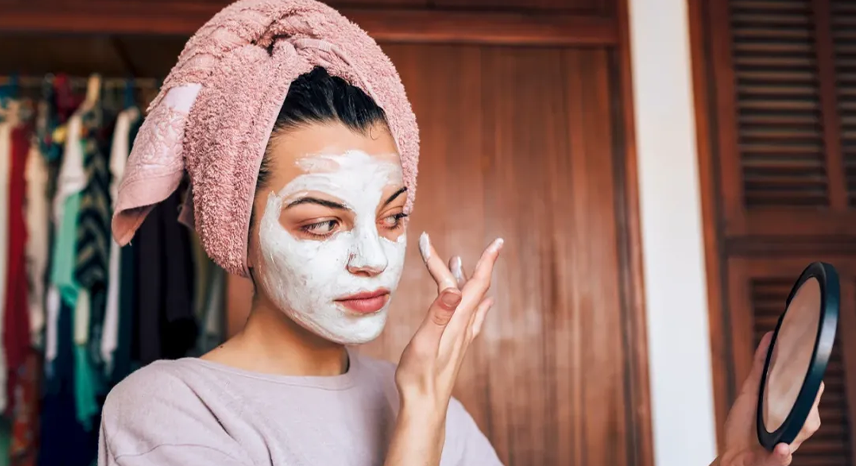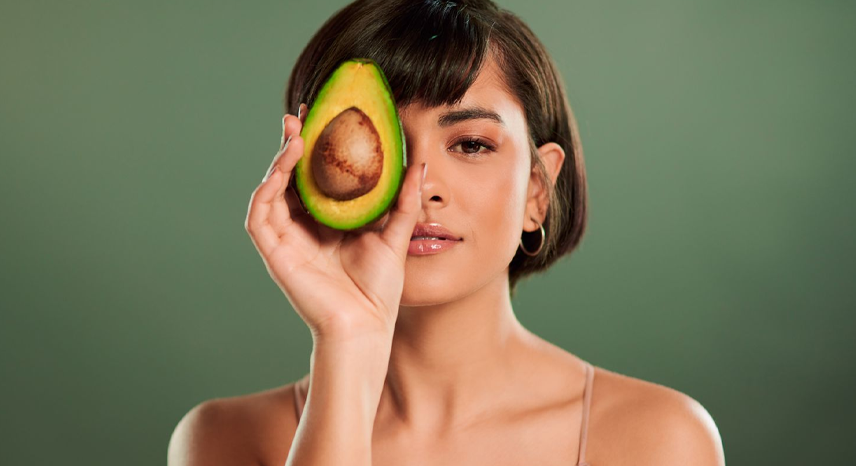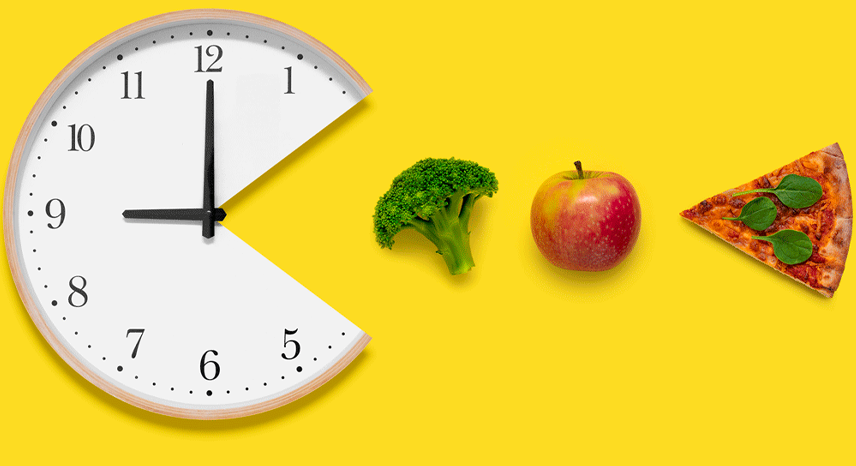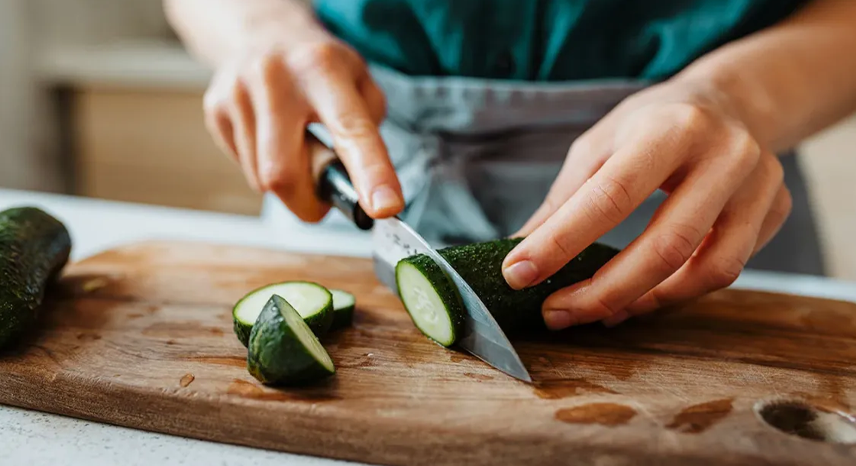The Secret to Healthy and Beautiful Hair
Time 7 min(s) read
Haircare routines have evolved over the years, but one ancient practice that remains a staple in many cultures is scalp oiling.
Haircare routines have evolved over the years, but one ancient practice that remains a staple in many cultures is scalp oiling. Scalp oiling involves massaging nourishing oils into the scalp to improve hair health, stimulate growth, and provide a host of other benefits. While modern shampoos, conditioners, and styling products often take centre stage in our haircare regimens, the simple yet powerful practice of scalp oiling can significantly enhance the health of your hair and scalp.
In this blog, we’ll explore why scalp oiling is essential for healthy hair, the numerous benefits it offers, and how to choose the right hair oil according to your hair type and needs.
Why Scalp Oiling is Essential for Healthy Hair
Scalp oiling is a practice that goes beyond just moisturising the hair. It involves massaging nourishing oils into the scalp to improve circulation, hydrate the skin, and nourish the hair follicles, ultimately contributing to healthier hair. Here’s why it’s so important:
1. Improves Blood Circulation
One of the primary benefits of scalp oiling is the stimulation of blood circulation in the scalp. When you gently massage oil into the scalp, it promotes the flow of blood to the hair follicles, encouraging better nourishment and oxygen delivery to the roots. This improved circulation helps strengthen the hair and can even promote hair growth over time.
Regular scalp massages can also help in releasing tension, which in turn reduces stress—another factor that contributes to hair loss.
2. Conditions and Moisturises the Scalp
The scalp, much like the skin on your face, requires moisture to stay healthy. Without proper moisture, the scalp can become dry, leading to issues such as dandruff, itchiness, or excessive oil production. Scalp oiling helps replenish the natural oils and provides essential nutrients to maintain a balanced scalp condition. This is particularly important for people with dry or flaky scalps, as well as those prone to dandruff.
3. Prevents Hair Breakage and Split Ends
Oiling your scalp not only benefits the roots but also nourishes the hair shaft. Natural oils provide deep conditioning and help to strengthen hair, reducing the likelihood of breakage and split ends. This is especially beneficial for individuals with long hair, which can be more prone to damage.
By keeping the hair shaft hydrated and protected from environmental stressors, oiling can contribute to stronger, shinier, and more resilient hair.
4. Fights Scalp Conditions
Many scalp conditions, such as dandruff, dryness, and itching, can be alleviated with the right oils. Many oils have antibacterial and antifungal properties that help keep the scalp clean and healthy. Regular oiling can help maintain the pH balance of the scalp, reducing the risk of infections, flakes, and scalp irritation.
5. Helps in Reducing Hair Thinning
Hair thinning is often a result of poor nutrition, stress, or an unhealthy scalp. Scalp oiling provides the necessary nourishment to the hair follicles, helping them thrive and reducing the likelihood of thinning hair. Oils like coconut and castor oil have been linked to improved hair density and thickness due to their high nutrient content.
Different hair types and needs require different oils to yield the best results. Not all oils work the same for everyone, so it’s essential to choose an oil that suits your scalp condition, hair type, and specific needs. Let’s take a look at some of the most popular oils and how they benefit different hair types:
1. Coconut Oil: Best for Dry, Damaged, or Curly Hair
Coconut oil is one of the most popular and versatile oils in haircare. It’s rich in fatty acids, vitamins, and antioxidants that help moisturise and nourish dry or damaged hair. Due to its ability to penetrate the hair shaft, it’s highly effective in reducing protein loss, which is a common cause of hair damage.
Best for: Dry, damaged, and curly hair types that need deep conditioning.
How to use: Warm a small amount of coconut oil and gently massage it into the scalp, ensuring that the oil is spread evenly across the scalp and through the hair. Leave it on for 30 minutes to an hour before washing it out with a mild shampoo.
2. Argan Oil: Best for Frizzy or Unruly Hair
Argan oil is derived from the nuts of the argan tree and is rich in vitamin E, essential fatty acids, and antioxidants. It’s a highly effective moisturiser that can help tame frizz and add shine to dull, lifeless hair. Argan oil also works to protect the hair from environmental stressors and heat damage, making it a popular choice for those who frequently style their hair with heat tools.
Best for: Frizzy, unruly, and coarse hair that needs moisture and shine.
How to use: Apply a few drops of argan oil to your scalp and hair, massaging it gently. You can leave it on overnight or for a couple of hours before washing it out for a sleek, frizz-free finish.
3. Castor Oil: Best for Promoting Hair Growth and Thickness
Castor oil is rich in ricinoleic acid, which helps improve circulation to the scalp and promote hair growth. It is a thick oil, so it’s often used in combination with lighter oils such as coconut oil or olive oil. Regular use of castor oil can lead to thicker, fuller hair and may help reduce hair loss and thinning.
Best for: Thin, thinning hair or individuals looking to boost hair growth.
How to use: Mix castor oil with a lighter oil like coconut or almond oil to improve spreadability. Apply the mixture to the scalp, focusing on areas where you want to encourage growth. Leave it on overnight or for a few hours before washing it out.
4. Jojoba Oil: Best for Oily or Sensitive Scalp
Jojoba oil is very similar in composition to the natural oils produced by the scalp. This makes it an excellent choice for people with oily or sensitive scalps. It can help regulate oil production without causing clogged pores or irritation. Jojoba oil also helps maintain scalp health and can reduce dandruff by balancing the scalp’s moisture levels.
Best for: Oily, sensitive, or acne-prone scalps.
How to use: Apply a few drops of jojoba oil directly to the scalp and massage it in. Leave it on for 20 to 30 minutes before washing it out with a gentle shampoo.
5. Olive Oil: Best for Dry Scalp and Dandruff
Olive oil is packed with antioxidants and vitamin E, making it an excellent option for dry scalp and dandruff. It has anti-inflammatory properties that can soothe irritated scalp skin and help maintain moisture balance. Olive oil can also help nourish and protect the hair from the roots to the tips.
Best for: Dry scalp and dandruff-prone hair.
How to use: Gently massage olive oil into your scalp, focusing on dry patches. Leave it on for 30 minutes to an hour before washing it out with a mild shampoo.
Scalp oiling is an essential practice for anyone seeking to maintain healthy hair. It nourishes the scalp, improves circulation, prevents dryness and dandruff, and promotes stronger, shinier hair. Choosing the right oil based on your hair type and needs can amplify the benefits of this age-old technique. Whether you have dry, damaged, oily, or thinning hair, incorporating scalp oiling into your regular routine will provide your hair with the nourishment it needs to thrive naturally. So, treat your scalp and hair to a luxurious oil massage, and enjoy the long-term benefits of healthy, beautiful hair.



